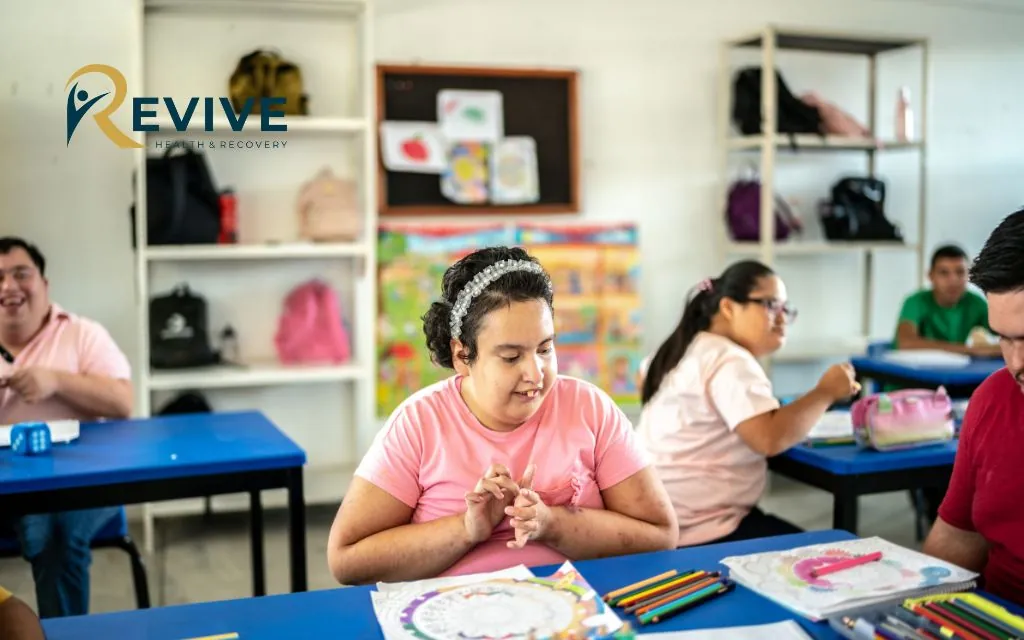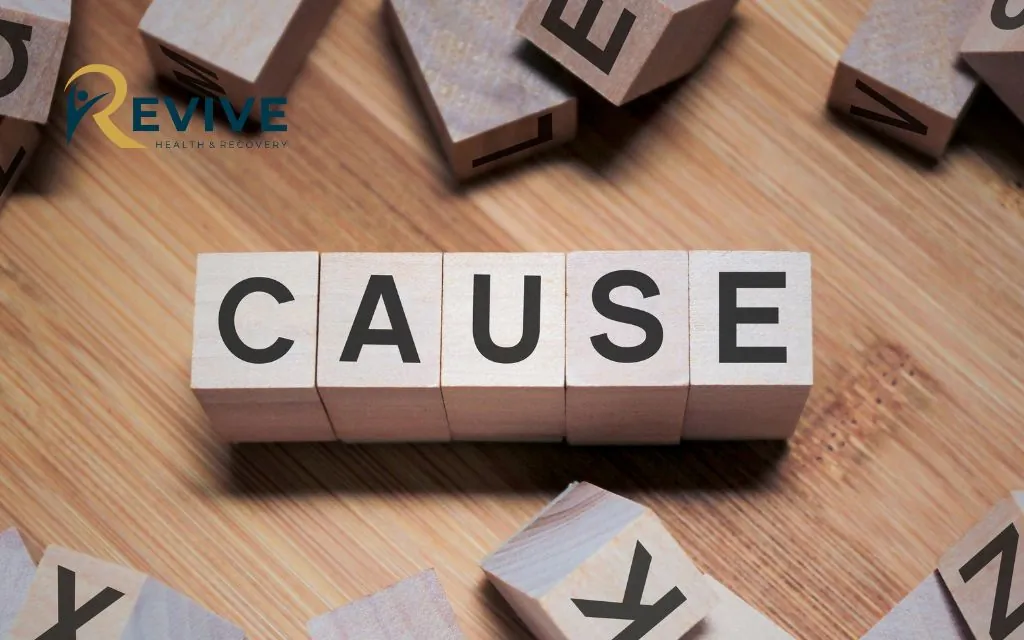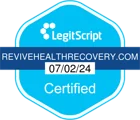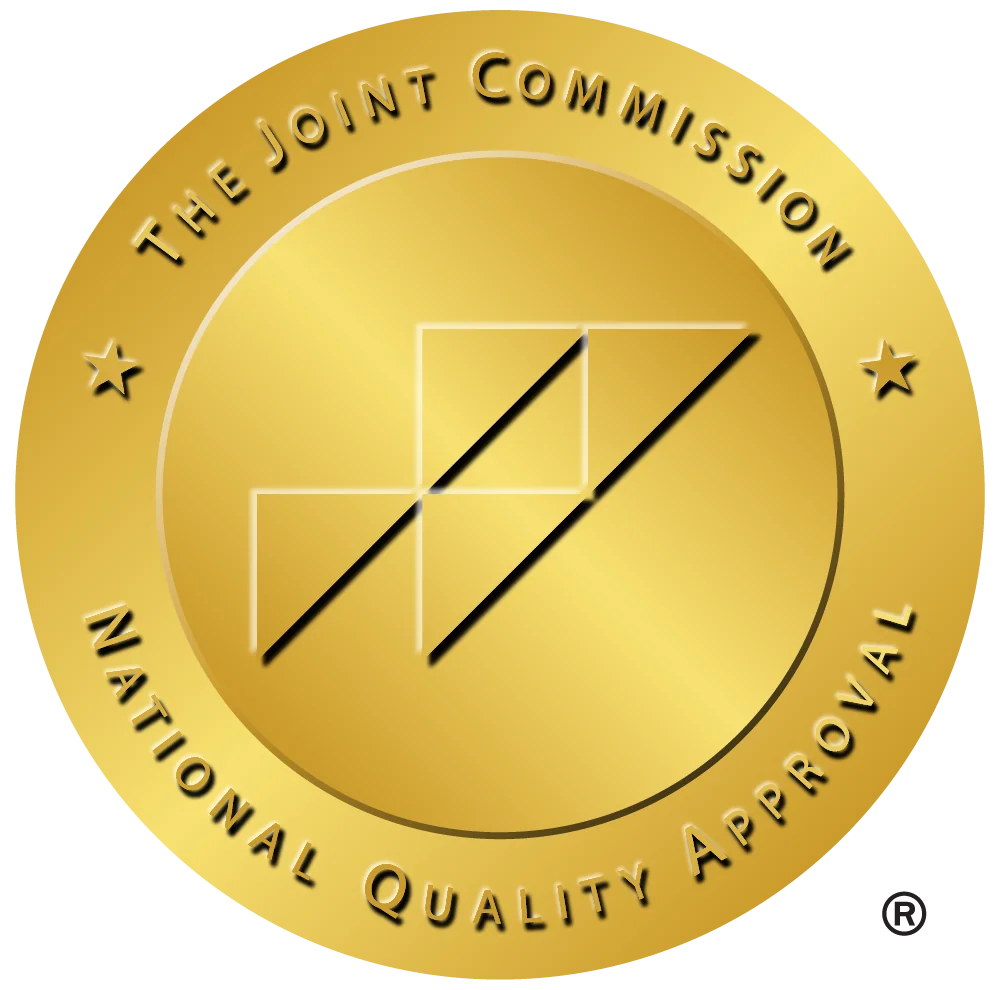The term intellectual retardation refers to a condition characterized by limitations in intellectual functioning and adaptive behaviors, significantly impacting everyday life. Understanding and addressing this condition is critical, not just for those directly affected but also for families, educators, and healthcare providers seeking ways to foster a supportive environment. As public awareness and medical advancements improve, approaches to treatment and care continue to evolve.
In Denver, Colorado, Revive Health Recovery stands out as a beacon of hope for individuals and families navigating the challenges of intellectual retardation. Offering tailored care programs that address unique needs, this center has become synonymous with compassionate and effective treatment, blending traditional methods with holistic and innovative strategies to improve quality of life.
Understanding Intellectual Retardation
What is Intellectual Retardation?
Intellectual retardation, commonly referred to today as intellectual disability, is a developmental condition marked by below-average cognitive abilities and deficits in adaptive behaviors. Diagnosed typically before the age of 18, the condition affects a person’s ability to function independently and adapt to various life situations.
It is crucial to recognize that intellectual retardation varies widely in severity, from mild impairments that allow for a degree of independence to profound disabilities requiring lifelong care. The term emphasizes developmental disabilities rather than acquired conditions, distinguishing it from other cognitive impairments arising later in life due to injury or illness.

Historical Terminology and Current Preferred Language
The term “mental retardation” was commonly used in medical and educational contexts until recent years. However, its stigmatizing connotations led to a global shift in language. Today, the preferred term is “intellectual disability,” reflecting a more respectful and inclusive approach. Advocacy groups and healthcare professionals emphasize using person-first language, such as “individuals with intellectual disabilities,” to honor the dignity of those affected.
Prevalence and Demographic Insights
Intellectual retardation affects approximately 1-3% of the global population, with higher rates observed in low-resource settings due to limited access to preventive healthcare and early intervention. In the United States, it is estimated that nearly 6.5 million individuals live with developmental disabilities, including intellectual retardation. While the condition spans all socioeconomic and ethnic groups, certain genetic conditions, such as Down syndrome, can increase prevalence within specific populations.
Common Causes of Intellectual Retardation
Intellectual retardation arises from a complex interplay of genetic, environmental, and social factors. Genetic abnormalities, such as those seen in Fragile X syndrome or trisomy 21 (Down syndrome), are leading causes. Prenatal exposure to harmful substances, including alcohol and drugs, significantly increases the risk, as does maternal malnutrition or illness during pregnancy.
Other causes include complications during childbirth, such as oxygen deprivation, or severe infections during infancy, such as meningitis or encephalitis. Understanding these causes is vital in developing prevention strategies and guiding early intervention efforts.

Identifying Intellectual Retardation
Early Signs and Symptoms
The early detection of intellectual retardation is critical for effective intervention. Parents and caregivers may notice delays in reaching developmental milestones, such as walking, talking, or problem-solving. Intellectual disability symptoms often include difficulties with communication, social interaction, and understanding age-appropriate concepts.
Children with intellectual retardation may also exhibit behavioral challenges, such as difficulty following instructions, managing emotions, or adapting to new environments. These signs often prompt evaluations by pediatricians or specialists to determine the underlying cause and extent of the condition.
Diagnostic Criteria
The diagnosis of intellectual retardation relies on three primary criteria outlined by the American Psychiatric Association:
- Deficits in intellectual functioning, typically measured by standardized IQ tests.
- Onset of symptoms during the developmental period, typically before age 18.
Comprehensive assessments often include input from caregivers, educators, and medical professionals to create a complete picture of the individual’s strengths and challenges.
Treatment Options for Intellectual Retardation
Traditional Approaches
Traditional treatments for intellectual retardation focus on education, skill development, and behavioral therapy. Individualized education plans (IEPs) are critical in supporting children with developmental disabilities within school systems. Speech and occupational therapy help improve communication and daily living skills, while behavioral interventions address specific challenges such as emotional regulation or social interaction.
Holistic and Innovative Treatments
In recent years, holistic approaches have gained traction, addressing not just cognitive impairments but also physical, emotional, and social well-being. Innovative treatments include neurofeedback therapy, assistive technologies, and sensory integration techniques. These methods are designed to enhance brain function, promote independence, and improve overall quality of life.

Tailored Care Programs at Revive Health Recovery
At Revive Health Recovery in Denver, tailored care programs are at the heart of treatment. These programs combine evidence-based practices with personalized attention to address the unique needs of each individual. From cognitive-behavioral therapy to vocational training, Revive Health Recovery ensures that clients receive comprehensive support. The center’s multidisciplinary team includes psychologists, therapists, and social workers who collaborate to create a nurturing and empowering environment.
Importance of Family Involvement in Treatment
Family involvement is a cornerstone of effective treatment for intellectual retardation. At Revive Health Recovery, families are encouraged to participate in therapy sessions, educational workshops, and support groups. This collaborative approach helps families understand the condition, develop coping strategies, and foster a supportive home environment that complements professional care.
Revive Health Recovery: A Leader in Intellectual Retardation Care
Specialized Services in Denver
Situated in the heart of Denver, Revive Health Recovery offers specialized services for individuals with intellectual retardation and other developmental disabilities. Their state-of-the-art facilities provide a safe and inclusive space for therapy, education, and social engagement. The center’s commitment to excellence has made it a trusted resource for families throughout Colorado.
Why Choose Revive Health Recovery?
Choosing Revive Health Recovery means choosing a partner in care. The center’s holistic approach addresses not just the symptoms but the person as a whole, fostering growth, independence, and resilience. With a focus on individualized treatment plans and family collaboration, Revive Health Recovery stands out as a leader in the field of intellectual disability care.

Intellectual Retardation: Supporting Families and Building Awareness
Role of Community Support
Community support plays a critical role in strengthening families, particularly those facing challenges like illness, financial hardship, or the need for caregiving. It helps to create an environment where families feel valued and less isolated in times of need. Support networks can include extended family members, friends, neighbors, local organizations, and social services, all of which can provide emotional, practical, and sometimes financial assistance.
Local community centers, schools, religious organizations, and even online platforms serve as crucial points of connection, offering resources such as professional counseling, childcare services, or financial aid. These support structures not only ease the immediate burden on families but also contribute to long-term resilience by providing a sense of belonging and stability.
Additionally, community programs designed to support mental health and well-being can be a lifeline, especially for caregivers and parents. Programs that focus on stress management, parenting workshops, and group therapy can help reduce the feeling of isolation and give families the tools they need to thrive, both individually and collectively.
Raising Awareness
Raising awareness about the challenges families face is essential for creating a more compassionate and informed society. When communities understand the realities of different family dynamics—whether related to health topics, socio-economic conditions, or caregiving responsibilities—they are more likely to offer support and advocate for systemic changes.
Awareness campaigns can educate the public about available resources, the impact of specific challenges on family well-being, and how individuals can contribute to fostering a more inclusive and supportive environment.

Media campaigns, educational initiatives, and community outreach programs can all be powerful tools for increasing awareness. For example, public service announcements, social media campaigns, and workshops can help break down stigmas related to mental health, disabilities, and financial difficulties, encouraging more families to seek help and support. Schools, healthcare providers, and employers can also play a role by sharing information about family resources and providing opportunities for families to connect with services.
In the long run, raising awareness not only supports immediate needs but also helps create lasting cultural shifts that prioritize family welfare and community engagement. By fostering a culture of empathy and support, communities can better equip families to navigate life’s challenges and ensure that no one has to face them alone.
Conclusion
Intellectual retardation presents unique challenges, but with early intervention, tailored care, and community support, individuals with this condition can lead fulfilling lives. In Denver, Revive Health Recovery exemplifies the highest standards of care, combining traditional methods with innovative approaches to create meaningful change.
Through comprehensive services and unwavering dedication, Revive Health Recovery continues to empower individuals and families, proving that every person has the potential to thrive.







